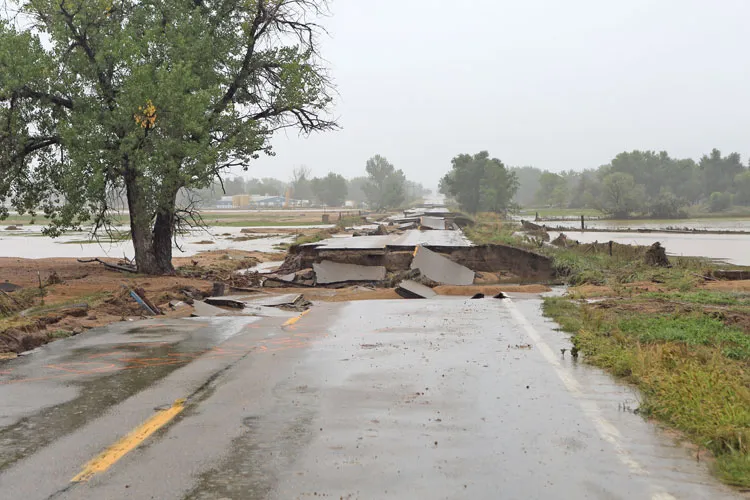When disaster strikes, execs, companies, nonprofits step up

From multinational corporations and national health care chains with a local presence to area banks, restaurants and cannabis dispensaries, the list of companies offering donations of cash, goods or services to those impacted by the Dec. 30 Marshall Fire grows by the day.
Some of the businesses, and the executives who run them, do it for the tax writeoff. Some do it to bolster their public image; after all, recent studies show that 70% of millennials say they’ll spend more with brands and businesses that support good causes.
Some may figure that if they help improve the place they’re in — or…
THIS ARTICLE IS FOR SUBSCRIBERS ONLY
Continue reading for less than $3 per week!
Get a month of award-winning local business news, trends and insights
Access award-winning content today!





